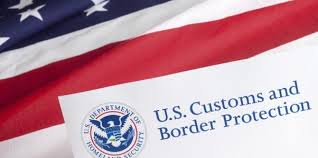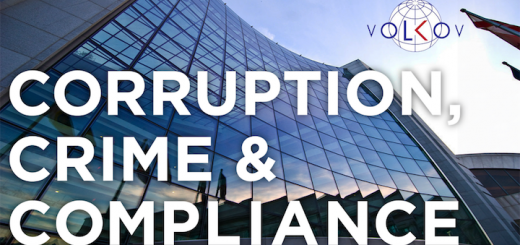Episode 309 — Alex Cotoia on Compliance with Uyghur Forced Labor Prevention Act

On December 31, 2021, President Joseph R. Biden, Jr. signed the the Uyghur Forced Labor Prevention Act (“UFLPA”) into law to address the ongoing exploitation of the ethnic minority Uyghur population by the government of the People’s Republic of China (“PRC”). Among other things, the UFLPA creates a rebuttable presumption that all goods, wares, articles, and merchandise mined, produced, or manufactured wholly or in part in Xinjiang, or by entities designated for inclusion on the UFLPA Entity List, are prohibited from entry into the United States. To overcome the presumption, entities are required to demonstrate, by “clear and convincing evidence,” that such imports were not mined, produced, or manufactured in whole or in part by forced labor.
A growing number of entities whose manufacturing and production processes rely on the timely importation of certain commodities carrying a high risk of forced labor have found themselves subject to the UFLPA’s proscriptions. Indeed, since enforcement of the law commenced in June 2022, more than 6,300 shipments valued at approximately $2 billion have been reviewed by CBP for UFLPA applicability, with approximately 30% of such shipments ultimately excluded for entry altogether.
In this Episode, Alex Cotoia and Michael Volkov discuss practical approaches to compliance with the Uyghur Forced Labor Prevention Act.
















2 Responses
[…] mentioned during a recent podcast featured on our Corruption, Crime and Compliance blog, U.S. law prohibits the importation of any […]
[…] mentioned during a recent podcast featured on our Corruption, Crime and Compliance blog, U.S. law prohibits the importation of any […]